Veteran Burmese activist Win Tin says democracy icon Suu Kyi is too conciliatory

Khin Maung Win/AP -
Myanmar's pro-democracy leader Aung San Suu Kyi, and Win Tin,
right, senior leader of her National League for Democracy, observe a
making of hand weaving in Yangon, Myanmar.
When she was awarded the Nobel Peace Prize for her attempts to bring democracy to Burma, he was comparatively forgotten by the outside world.
With this kind of uncompromising talk, Win Tin is a symbol of the extraordinary freedom — especially the freedom of speech and freedom from fear — that has come to Burma in the past few years. But he is also a prominent reminder that reform is only in its early stages, and that Burma is still a long way from becoming a full democracy and ending decades of military dictatorship.
More than four years after he was released from prison, Win Tin is still wearing a blue shirt, the color of his prison uniform, and says he will not wear any other color until every political prisoner in his country is free. His shirt also showcases his feelings about the broader changes that have yet to take place in Burma, a country renamed Myanmar by its military rulers.
“Although I am a free man, I feel my whole country is still in jail,” he said. “There are no great prison walls, but we are still in chains.”
Over the past two years, Burma’s military-backed regime has loosened its tight grip on the country to the extent that Suu Kyi, released from house arrest in 2010, was allowed to travel abroad in May 2012 for the first time in 24 years. In response, the United States has gradually lifted sanctions imposed after the violent suppression of pro-democracy protests in 1988, sending an ambassador to the country last year for the first time in more than two decades.
But the Burmese military is still calling the shots politically under a constitution it wrote that guarantees it a quarter of the seats in parliament, allows it to declare a state of emergency and dismiss a democratically elected government, and still blocks democracy icon Suu Kyi from becoming president, even if her party were to win an election. And with its former officers in key roles, the army still controls the bureaucracy and large swaths of the economy.
One of Burma’s leading journalists and writers, Win Tin spent decades struggling against the military regime and the growing censorship it imposed. He moved into politics when he helped launch a new political party, the National League for Democracy, with Suu Kyi after the 1988 protests. She and other NLD leaders nicknamed him Saya, which means “The Wise One.”





















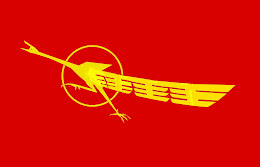





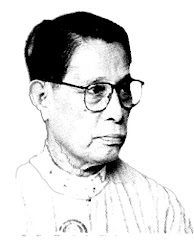


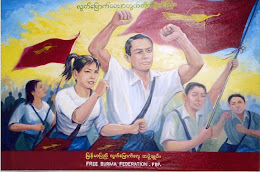





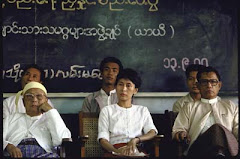

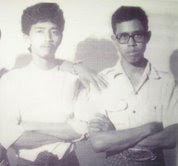

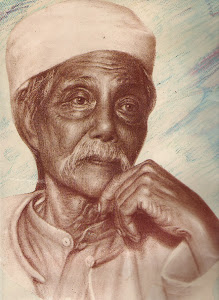
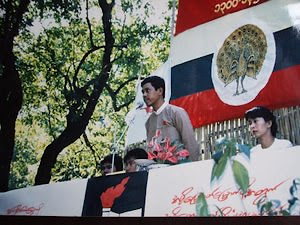
No comments :
Post a Comment